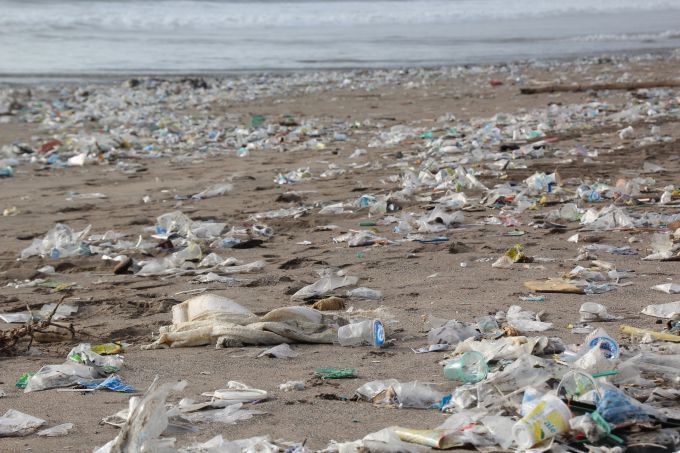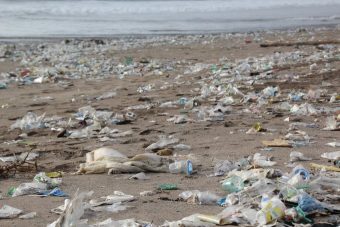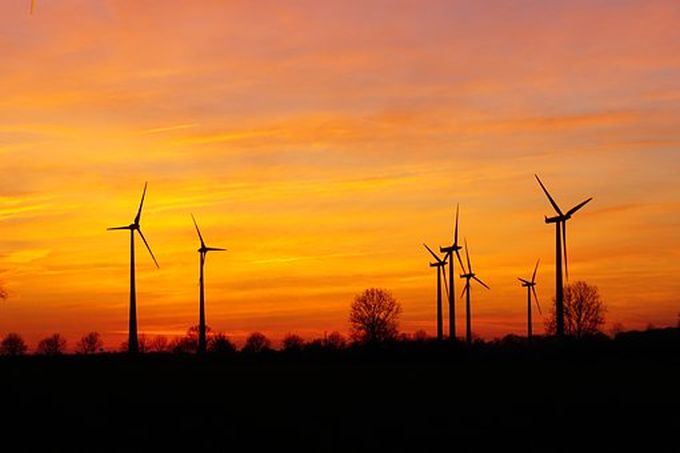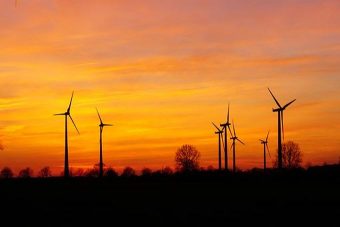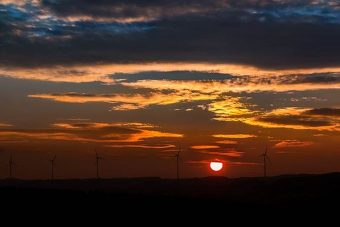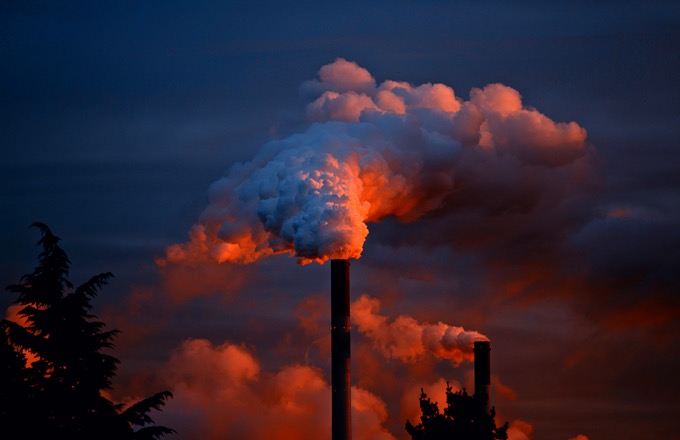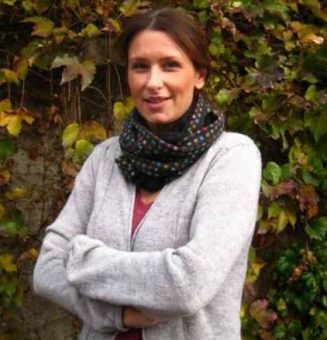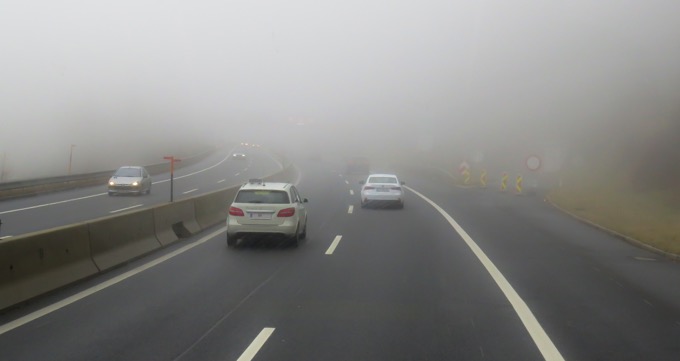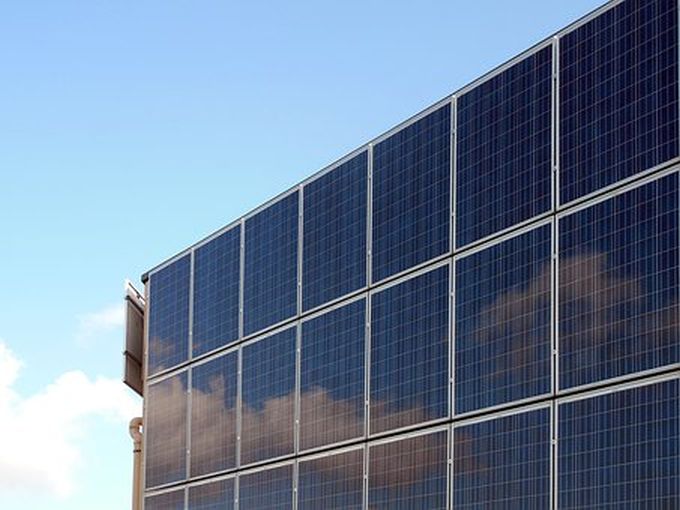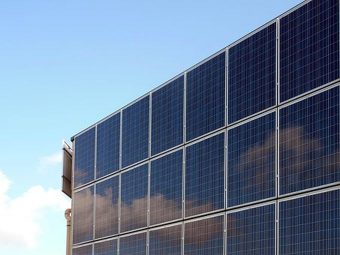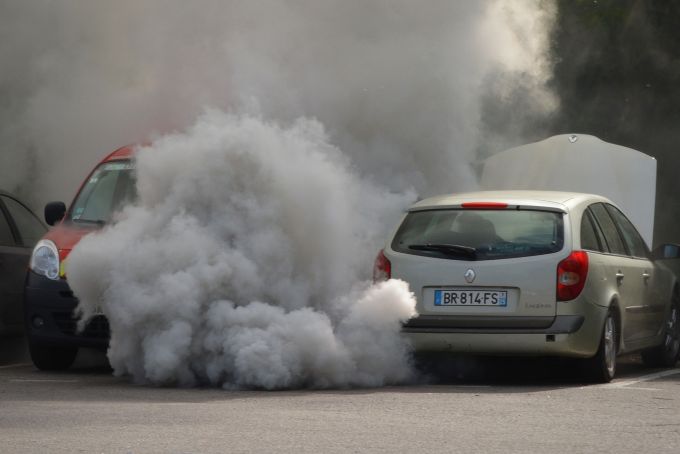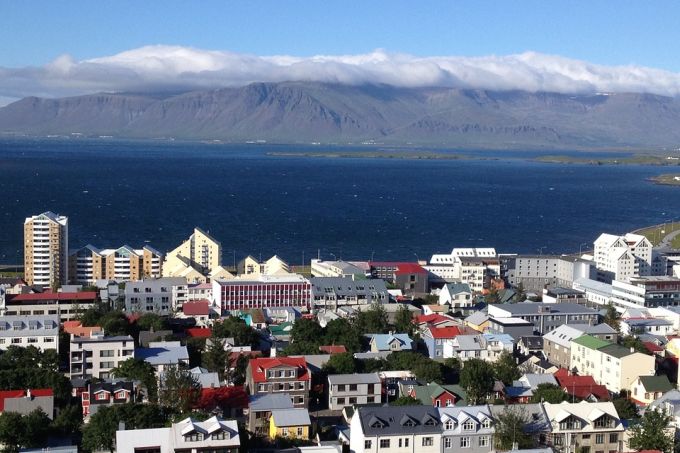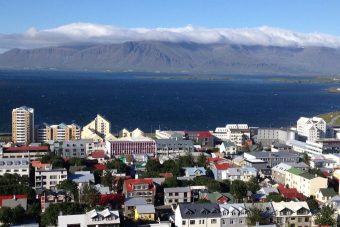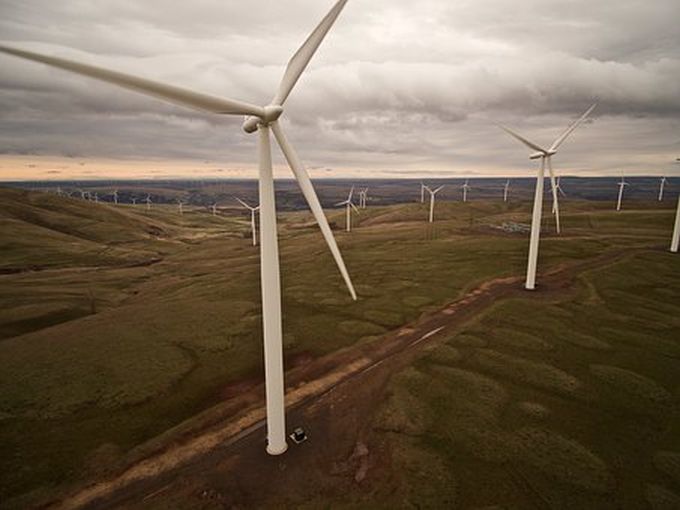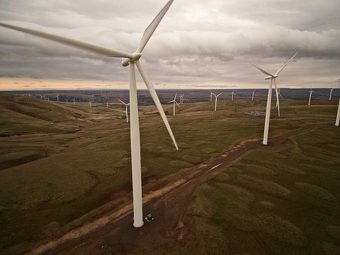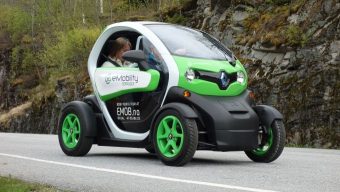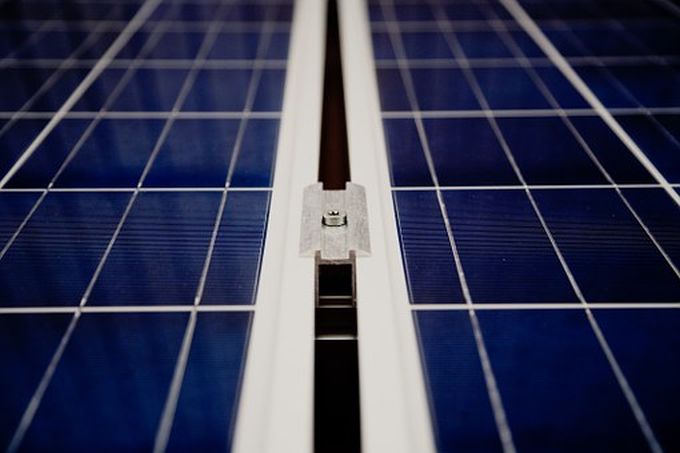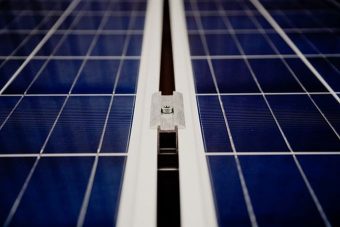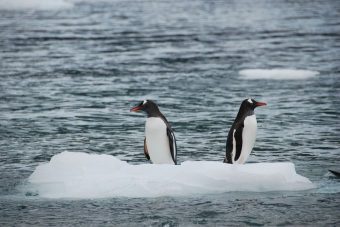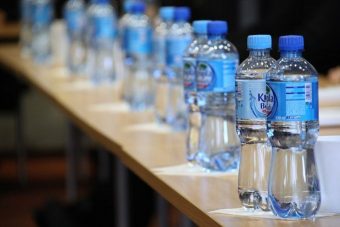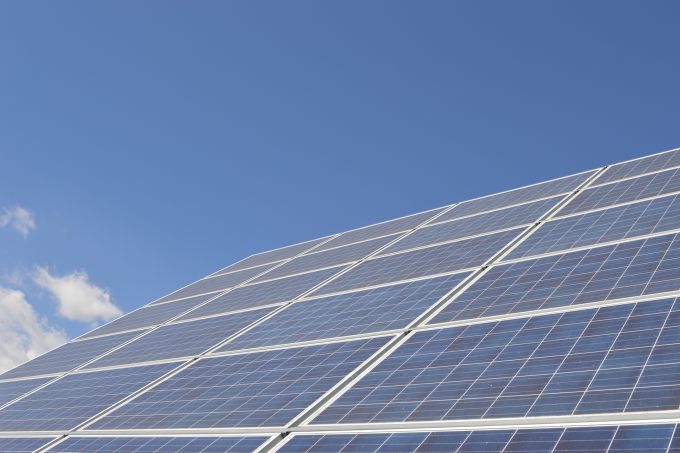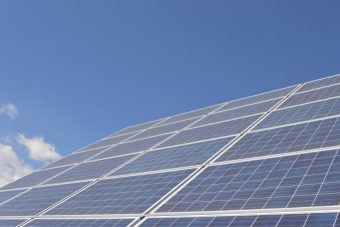
The air pollution mitigation plans in place in the UK currently aren’t enough on their own to address the issue, and need to be improved, the union’s High Court has ruled, according to recent reports.
The ruling follows from a legal complaint issued by lawyers working for Client Earth, which was intended to spur the government to action on the growing problem.
To be more specific, the judge rules that harmful air pollution levels in 45 different local authority areas in England and Wales required stronger action — and more needed to be done in these areas than is currently being done.
“Good faith, hard work and sincere promises are not enough…and it seems (the) court must keep the pressure on to ensure compliance is actually achieved,” stated Justice Garnham, when handing down the judgment on the issue.
Reuters provides more: “The government’s pollution plans have been criticized by environmental groups which have said the 45 local authority areas would be unlikely to comply with European pollution rules until 2021.”
“Under the EU’s Air Quality Directive, member states were supposed to comply with nitrogen dioxide emission limits in 2010 — or by 2015 if they delivered plans to deal with high levels of the gas, which is produced mainly by diesel engines. Britain’s Department for Environment, Food & Rural Affairs said it would launch more formal plans for areas with less severe air quality problems.”
The exact wording in the statement from that department reads: “We have already delivered significant improvements in air quality since 2010 and we will continue to implement our £3.5 billion ($4.88 billion) air quality plan.”
Well, maybe so, but maybe that still isn’t enough. Air pollution in some parts of the UK just seems to be getting worse by the year it seems (the same is true of many other parts of the European Union as well, it should realized).
Source: cleantechnica.com





